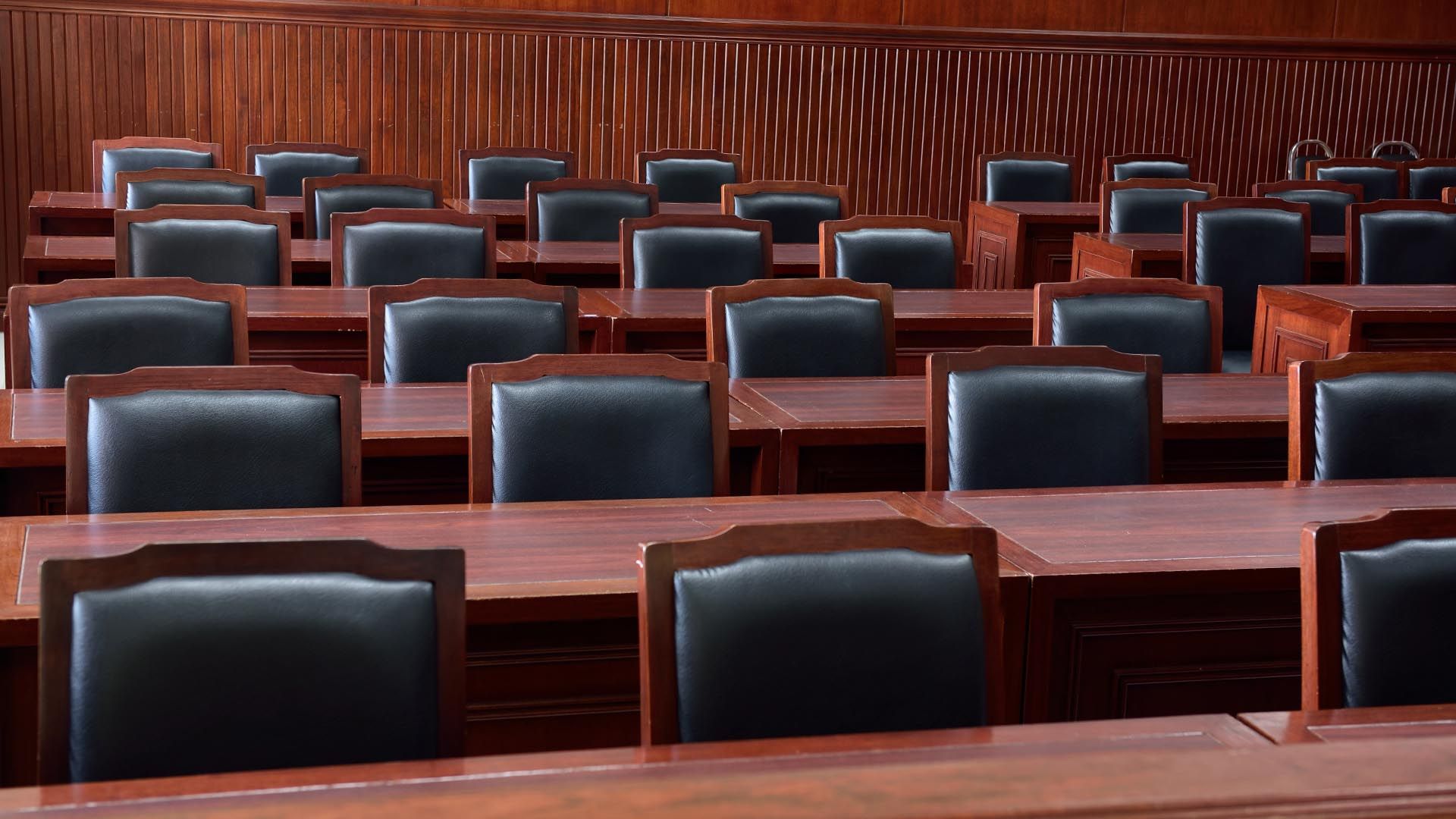
The Disciplinary Process for Kansas Judges

The Disciplinary Process for Kansas Judges
JHC is here to help you understand the disciplinary process for Kansas judges. Alleged violations of the Kansas Code of Judicial Conduct for are filed with the Commission on Judicial Conduct. The commission is composed of 14 members, including judges, lawyers, and nonlawyers, each of whom is appointed by the Kansas Supreme Court to serve four-year terms. The commission is divided into two panels.
For each complaint, one panel serves as the inquiry panel and one panel serves as a formal hearing panel. The inquiry panel decides whether to dismiss the complaint, issue a letter of caution of cease-and-desist order, or refer the matter for formal proceedings.
Kansas judges are required to cooperate with the commission and to respond to any inquiry regarding their judicial conduct—including a request for an informal response to a complaint. Because the inquiry panel typically decides how to proceed after reviewing both the initial complaint and the judge’s informal response, that informal response can be critical to the outcome of your disciplinary action. Joseph, Hollander & Craft’s judicial conduct defense attorneys will help you respond as robustly as possible in order to provide necessary context and squash misunderstandings.
If the inquiry panel is convinced there is an issue to be addressed by formal proceedings, the examiner (an attorney retained by the Kansas Judicial Branch to take to investigate complaints, gather evidence, and report to an inquiry panel; to present evidence, argument, and recommendations to the hearing panel; and to present argument and authority to the Kansas Supreme Court) will file a formal complaint requiring a formal answer.
The scope of the proceedings that follow will vary depending on the facts and allegations at issue. A judge may admit to a violation and agree to the imposition of discipline, challenge all allegations and their legal bases, or anything in between. The formal hearing may simply consist of oral argument only or may resemble a full-blown trial with witnesses and exhibits.
If the hearing panel finds the judge has violated the Code of Judicial Conduct, it must: (1) admonish the judge; (2) issue a cease-and-desist order; (3) recommend to the Supreme Court a discipline of public censure, suspension, or removal; or (4) recommend to the Supreme Court compulsory retirement of the respondent. The first two options terminate the disciplinary action. The second two require further proceedings before the Supreme Court.
Again, the judge can choose to challenge the hearing panel’s conclusions and recommendations in whole or in part. Proceedings before the Supreme Court closely resemble the general appellate process, except that the judge must appear before the Supreme Court and may be asked questions regarding the case. The Supreme Court may adopt or reject the Hearing Panel’s findings and conclusions and makes the ultimate decision regarding any discipline imposed.
Our Locations
Kansas City | 816-673-3900
Lawrence | 785-856-0143
Overland Park | 913-948-9490
Topeka | 785-234-3272
Wichita | 316-262-9393
Contact Our Kansas City Office
Contact Joseph, Hollander & Craft to discuss how our team of attorneys can help you.





